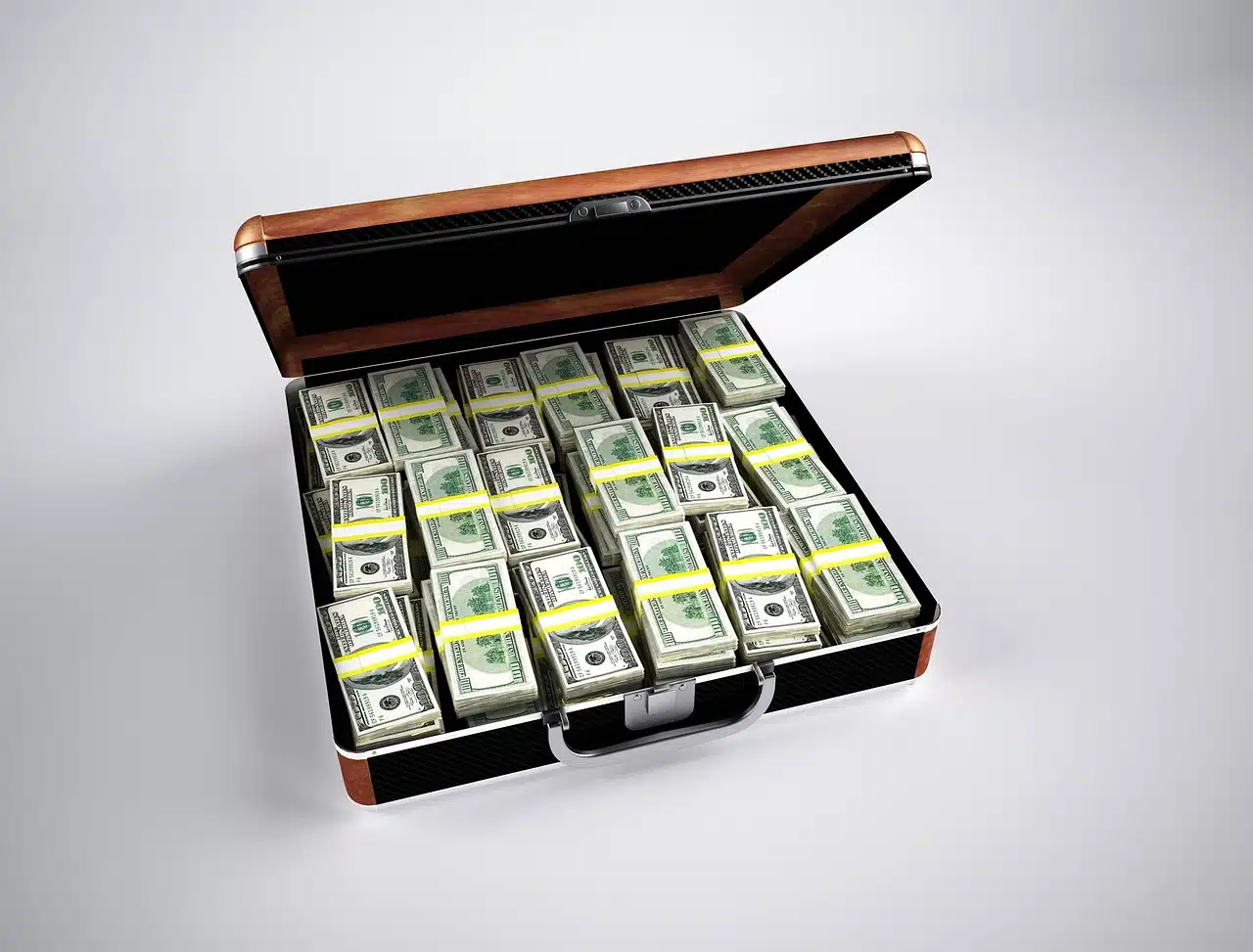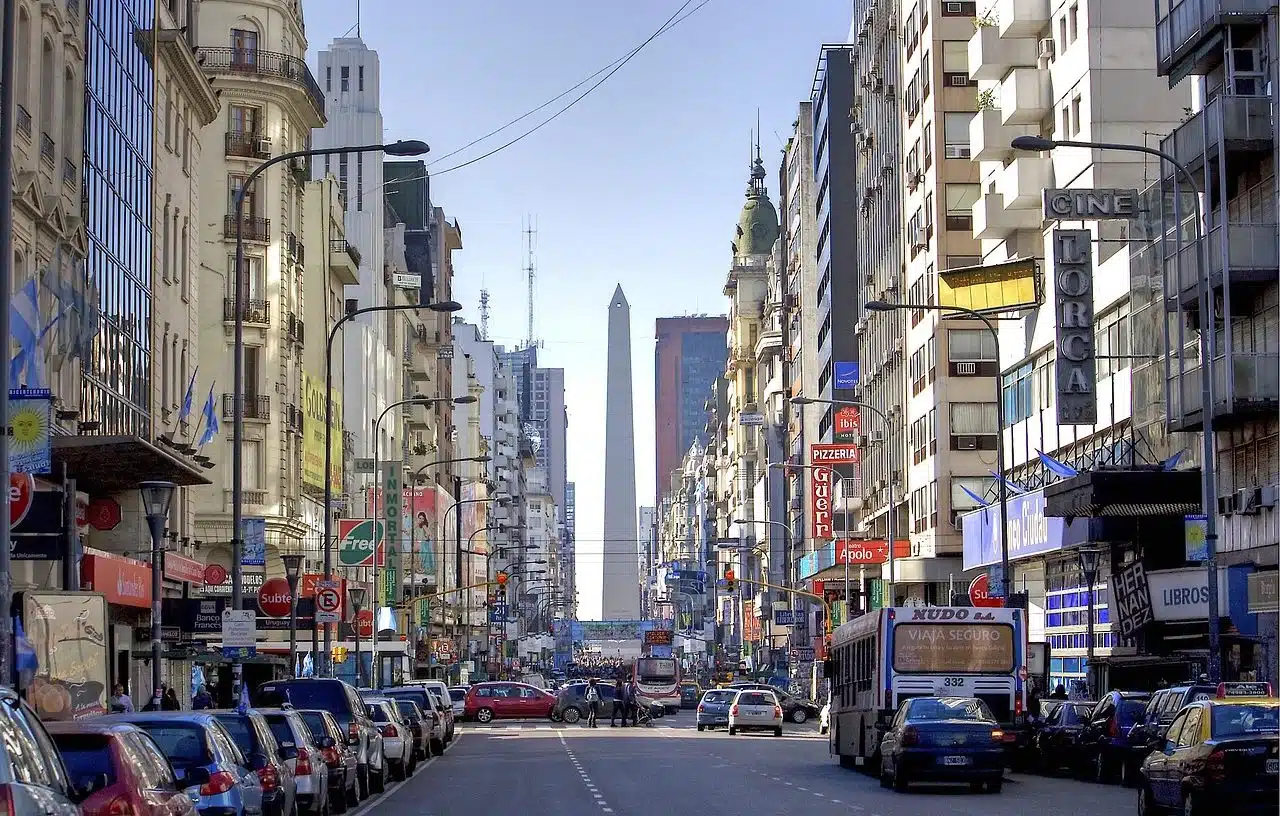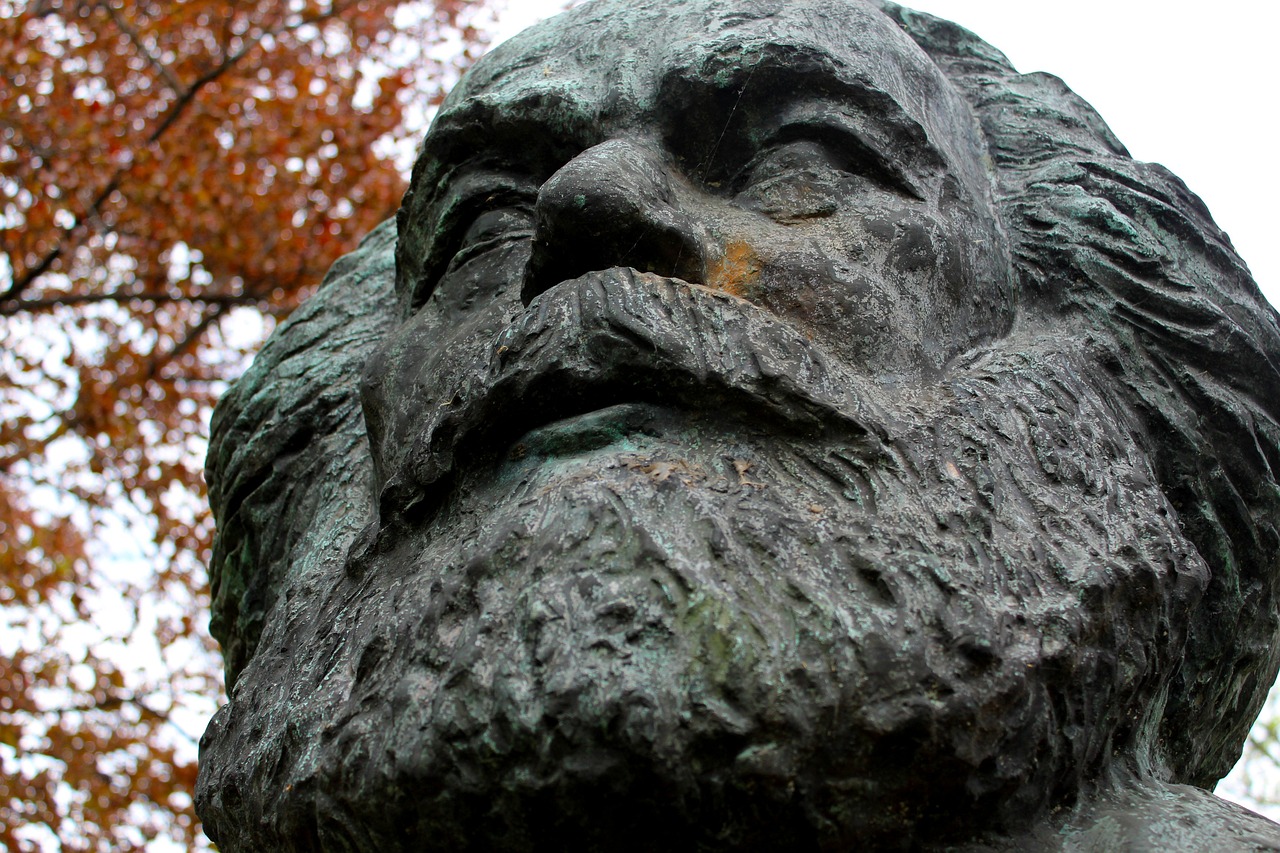
For the economy, capital is one of the productive factors.
Capital is that belonging to or relating to the head . The word comes from the Latin capitalis , which in turn derives from the term caput ( "head" ).
In Christianity , the deadly sins are those that are the beginning (the head) of others, such as lust , gluttony , sloth , greed , anger, envy , and pride .
capital punishment
On the other hand, the execution of a convicted person by state authorities is known as capital punishment or death penalty .
This penalty is applied as punishment for a crime considered very serious, such as an aggravated crime.
The main city
At the population level, the capital is the main city of a State , a province or a district. For example, the capital of Argentina is Buenos Aires ; The capital of Spain is Madrid ; The capital of Uruguay is Montevideo .
It is common for the capital to be the most populated city in the territory in question. However, this is not always true: Brasilia is the capital of Brazil , whose town with the largest number of inhabitants is São Paulo .
Although the characteristics depend on each country, it is common for a national capital to have extensive urban development and widespread infrastructure. Many times these metropolises are crossed by highways, have bus (bus) and metro (subway) lines and offer easy access to an airport that connects them with the rest of the world.
Capitals usually provide numerous municipal services to the population, favoring the quality of life of their citizens, who can meet education, health and other needs without having to travel.
It is also common for the main government agencies and institutions to be located in the capital, such as the Congress or Parliament , the Legislature and any other type of government building, in addition to the Mayor's Office or Municipality .

In the center of a capital there are usually many shops and cultural establishments, such as cafes, restaurants, cinemas, theaters and museums.
Capital in the economy
In the field of economics , capital is one of the productive factors (along with work and land).
In general, the term is used to designate an amount of money that can be lent or invested: “I have a capital of 10,000 dollars to invest” , “At this time, the company's capital is limited to 50,000 pesos and nothing more” .
The view of Karl Marx
“The Capital” (“Das Capital”, en su idioma original) es un libro de Karl Marx dedicado a la crítica de la economía política. Marx sólo publicó en vida el primer tomo del libro, mientras que los otros dos fueron editados por su colaborador y amigo Friedrich Engels.
Marx was born in Germany on May 5, 1818 and died in the United Kingdom on March 14, 1883 . He is remembered for having been an essential thinker who marked a before and after in the way in which humanity understands production processes and social hierarchies . Marx worked alongside Engels and both laid the foundations of communism : these ideas were expressed in "Capital" and "The Communist Manifesto" .
As the German thinker expresses it in this book, the concept of capital refers to the value that is valued and explains that money in a productive process is "something" that allows its possessor (the owner of the means of production ) to obtain more of it in future productions.
This money can be used to buy raw materials and machinery more suitable for carrying out greater production in a shorter time and, at the same time, buy labor (or in Marxist terms, labor force ; that is, hire workers).
In this way, with the passage of time and reaching the point in which the acquired machinery is so worn out that it is necessary to replace it , the contracts have ended and it is necessary to purchase more raw materials , the balance will be made between what was invested and they will be able to certain profits obtained from production can be noted. Hence it is understood that it is a value that revalues, because it generates more profit and therefore it is as if it were worth more in itself.

Karl Marx reflected on the nature of capital.
Capital and social classes
Marx stated that this capital was responsible for the existence of various social classes in a society, where one group took over the work of others (because they had a greater amount of money and could hire them) to exploit the means of production. However, if there were a revolution where the production process did not have an owner, we could live in a utopian and balanced society .
In conclusion, for Marx capital had to be something that was owned by everyone, because in this way social classes and the favoritism of the rich over the poor could be eliminated. This idea is approved by many people; However, it has not been possible to put it into practice because we live in a complex world and all those who try to carry the flag of Marxism end up falling into the clutches of ambition and abuse of power .
